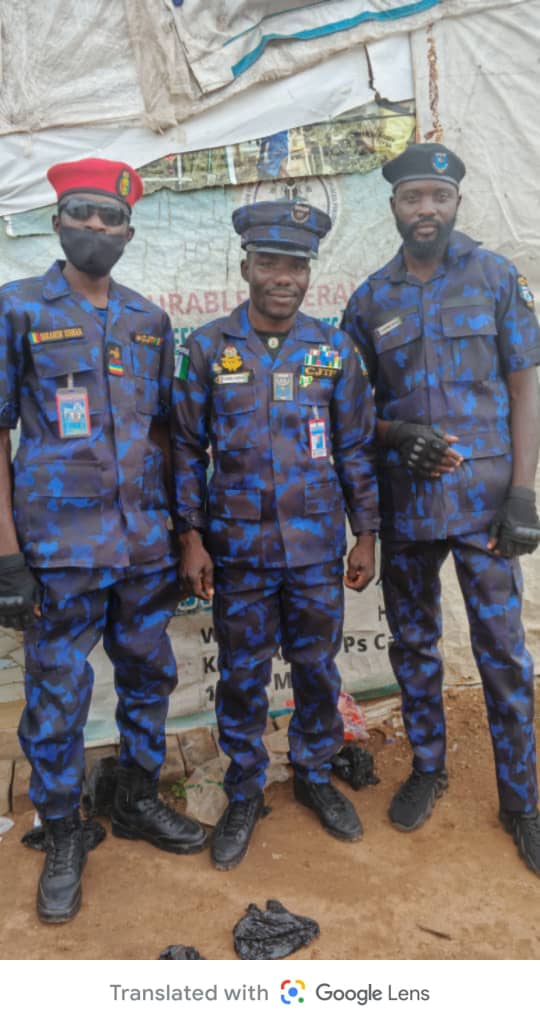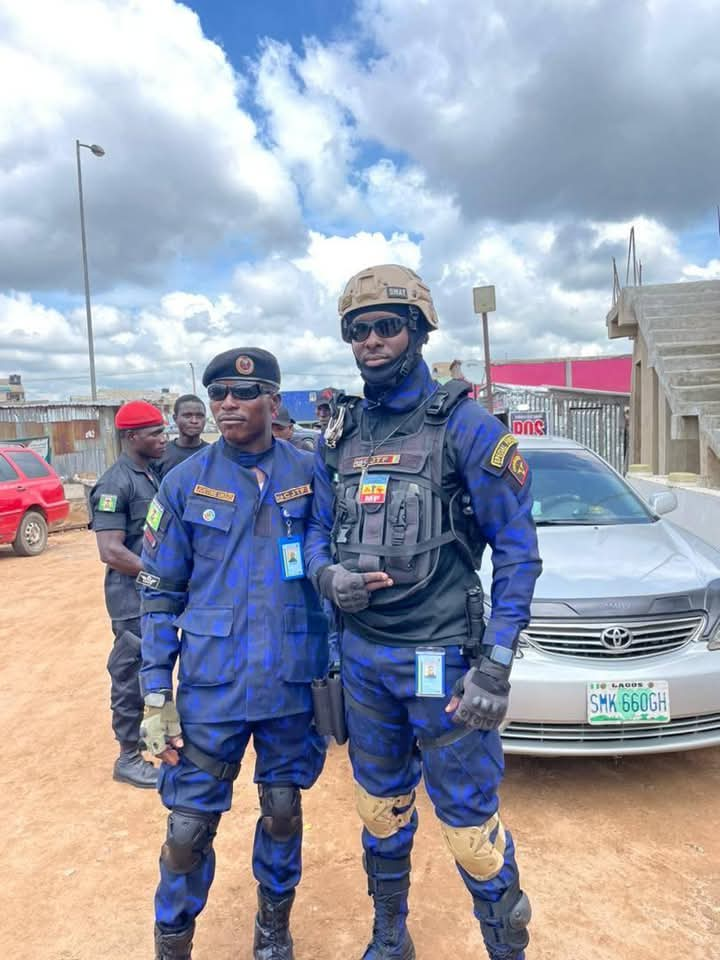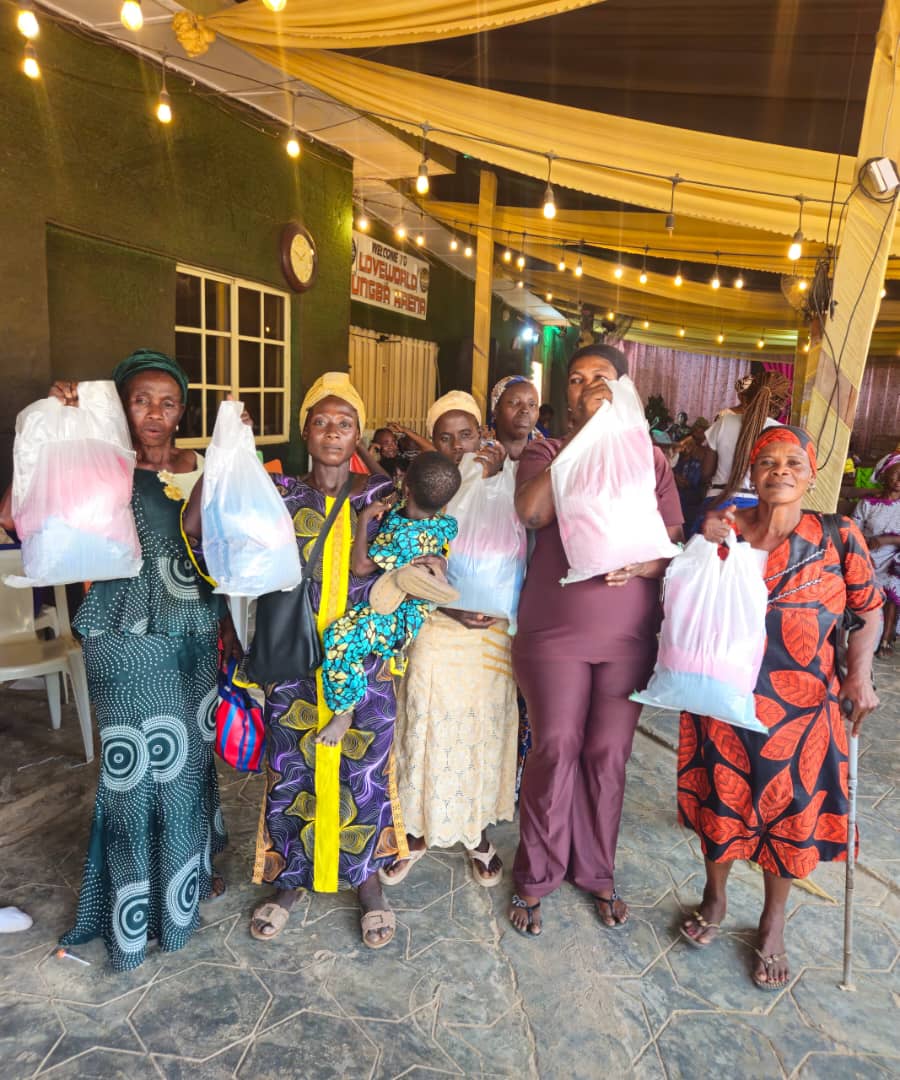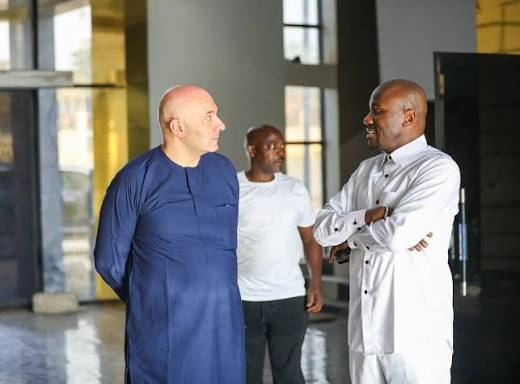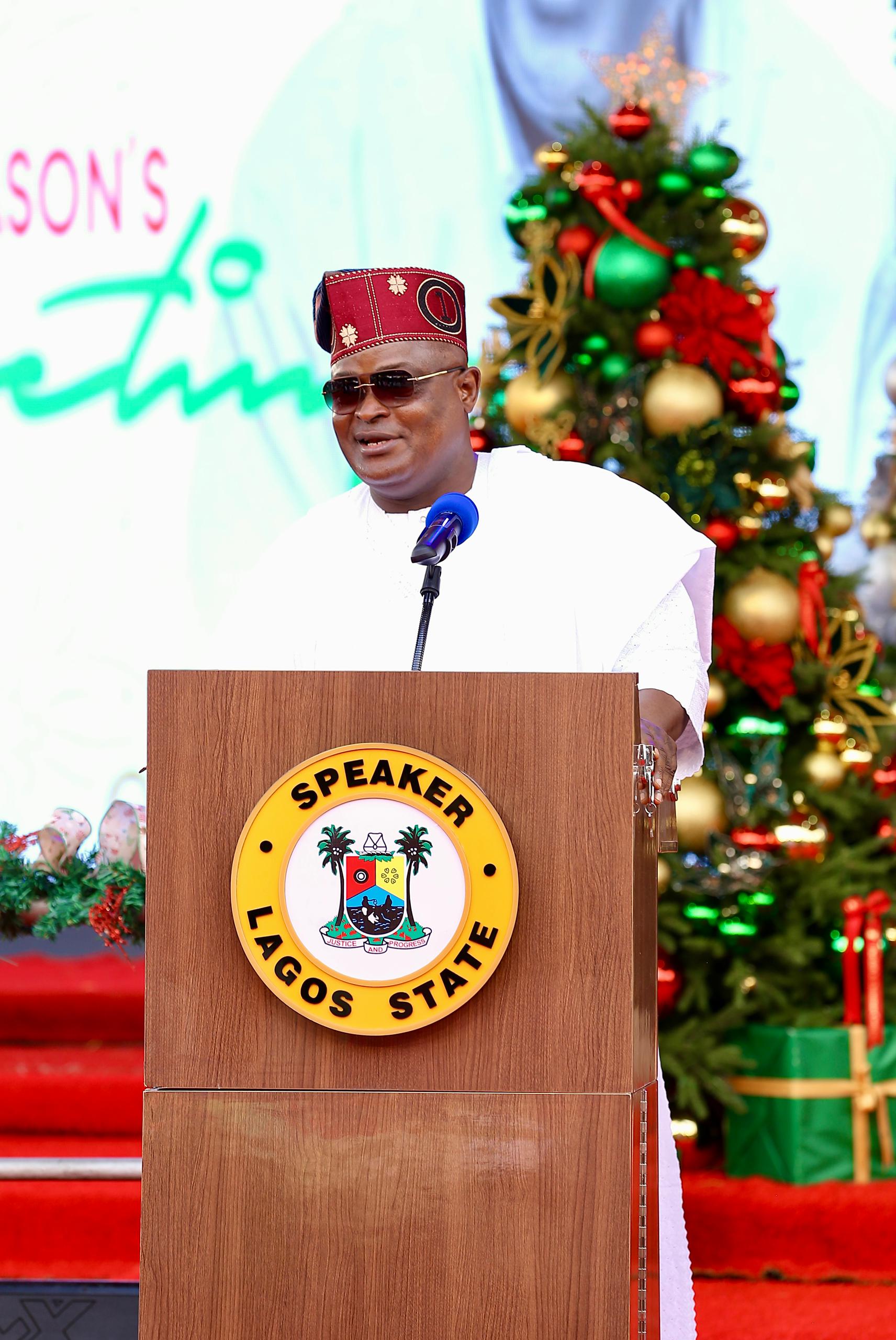Support for Civilian Joint Task Force is vital to Nigeria’s fight against insecurity. Empowering CJTF helps protect communities and curbs the rise of armed groups
In a country where insecurity has become the most persistent threat to peace and national development, no conversation about sustainable solutions is complete without acknowledging the critical role of grassroots security structures.
Also read: Kogi fights insecurity, warns against sabotage
One such structure is the Civilian Joint Task Force (CJTF), a formidable group of civilian volunteers who have, for years, put their lives on the line in some of Nigeria’s most dangerous territories, often without pay, protection, or even recognition.
Despite operating under immense pressure and threat, these everyday Nigerians who are teachers, artisans, farmers, students, and retired security personnel, have taken it upon themselves to protect their communities from terrorist insurgencies, armed banditry, and kidnapping syndicates.
With over 20,000 members currently operating across at least 12 states, including Plateau, Kaduna, Rivers, Edo, and Kebbi, the CJTF is not just a vigilante group but a shadow army of patriotism and grassroots intelligence that deserves far more than mere applause.
The origin of the CJTF can be traced back to the height of Boko Haram’s terror campaign in Borno State, where communities began organizing themselves in response to the state’s inability to provide sufficient security.
Since then, the CJTF model has evolved into a national template for community-led defense, expanding its presence across the northern and central states of Nigeria.
What is most remarkable about the CJTF is not just its reach or numbers (though a 20,000-strong nationwide database is impressive) but its results.
In recent incidents in Plateau State’s Wase Local Government Area, CJTF members were at the frontline of reclaiming villages seized by bandits, rescuing kidnapped victims, and restoring order where formal security outfits were either overwhelmed or absent.
The decentralized yet disciplined nature of the CJTF is one of its greatest strengths, and this is personified in the caliber of its state leadership.
Aminu Sani, who doubles as both the National Commandant and the Kaduna State Commandant, has been at the forefront of galvanizing cross-regional coordination, promoting professionalism within ranks, and unifying CJTF’s strategic objectives across various states.
In Edo State, Commandant Ehiaghe Akhere Isua has also built an exemplary collaboration with the Nigeria Police, working hand-in-hand on a 24/7 basis. According to Isua, the state’s Commissioner of Police reaches out directly to CJTF for support during operations, appreciating the manpower and intelligence the group provides during patrols, arrests, and interventions.
Same thing is obtainable in Plateau State where according to Tanimu Shehu, Commandant of plateau State, CJTF members recently played a big role in repelling attacks and reclaiming territories seized by armed groups in Wase Local Government Area. These relationships reflect the trust CJTF has earned among formal institutions, a trust born of results, not rhetoric.
Indeed, it is commendable that the Inspector General of Police has now issued acknowledgment signals to state commands recognizing the CJTF’s legitimacy.
This is an important first step in formalizing their role in the country’s security architecture. But much more needs to be done — and urgently so.
First, the government at both federal and state levels must transition from passive acknowledgment to active engagement.
This includes integrating CJTF members into community policing frameworks, offering basic stipends, providing identity cards, and supplying minimal protective gear and logistics. These steps are necessities for people who are facing bullets and blades while defending Nigeria’s internal borders.
Secondly, the Corporate Private Sector must realize that insecurity affects business operations and investor confidence.
Whether it’s the agriculture sector suffering from farm shutdowns due to attacks, or the telecoms industry facing sabotage of infrastructure in remote areas, the private sector is directly affected by the erosion of community safety.
Supporting CJTF through corporate social responsibility (CSR) programmes, equipment donations, or even direct partnerships can be a transformative step.
Imagine a company like MTN Nigeria equipping CJTF checkpoints with solar-powered communication tools, or a company like Dangote Cement sponsoring basic healthcare insurance for CJTF volunteers in hard-hit areas like Kaduna and Zamfara.
These aren’t just philanthropic acts; they’re smart investments in the communities that businesses depend on for raw materials, human capital, and market access.
Why Nigerians Must Also Step Up
Security is not just the government’s job. As citizens, we each have a stake in the survival and stability of the Nigerian state. The same passion we use to call out injustice online should be extended to championing the cause of those who are silently, sacrificially building a safety net around us.
Supporting the CJTF could be as simple as fundraising in local communities for food supplies, volunteering to provide first aid training, or donating old uniforms and torches.
Moreover, civil society organizations, NGOs, and media outlets must make deliberate efforts to amplify the stories of CJTF’s sacrifice.
Nigeria is not short of tragic news cycles from Abuja to Zamfara but in the midst of these stories are glimmers of hope that rarely make the front pages. Let us spotlight these glimmers.
Let us share their pictures, tell their stories, and humanize the sacrifices they make. Visibility is a form of advocacy, and advocacy is a step toward justice.
The Human Cost of Neglect
The alternative to supporting the CJTF is not benign, it is dangerous. When grassroots defenders are unsupported, unprotected, and unrecognized, we create a vacuum. That vacuum is quickly filled by armed groups who promise protection in exchange for loyalty.This is how militias form.
This is how insurgencies escalate. And this is how a preventable crisis becomes a national catastrophe.
Already, we have lost several CJTF members in Plateau and Borno States in the line of duty.
These were fathers, sons, breadwinners, and community leaders. Many were buried in silence, with no pensions, no public honors, and no support to the families they left behind. If this cycle continues, we risk demoralizing an already strained force and losing a critical layer of Nigeria’s security fabric.
Supporting the CJTF is not just a matter of strategy, it is a moral imperative. It is a test of our national conscience. These are men and women who have answered the call of duty when others looked away.
They are what it means to be Nigerian, resourceful, and relentlessly hopeful. To leave them behind is to betray the very soul of our communal identity.
Let us not wait until the headlines scream “CJTF Abandoned!” before we act. Let us not bury another unsung hero before we remember their worth. Instead, let us rise… government, business, and citizenry alike to support those who are doing the hard, thankless work of keeping us safe.
In the face of Nigeria’s mounting insecurity, the solution may not come from foreign consultants, expensive drones, or political manifestos.
It may just lie in a small outpost in Wase, a checkpoint in Kebbi, or a local vigilante unit in Jos where one man, wearing no bulletproof vest and holding a rusty cutlass, refuses to let evil win.
That man is a member of the CJTF. That man is a Nigerian worth fighting for.
Also read: Nationwide protests planned for June 12 over insecurity, hardship
Emeka Ezike is a public affairs commentator, a web3 contributor and Grand Patron of the Civilian Joint Task Force (CJTF). Ezike is a strong advocate for community-driven solutions to Nigeria’s challenges. He writes from Lagos.

